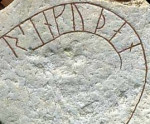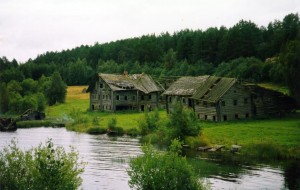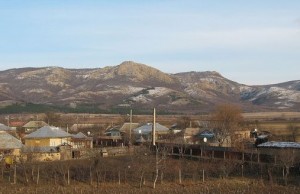There was a spelling reform in the German language in 1996.
Among other changes, the ortography underwent a change, where ‘ß’ sometimes started to be written as ‘ss’.
As a rule of thumb:
- ‘ß’ continues to be written in the same way when it’s preceded by a long vowel or diptongue;
- and elsewhere it’s substituted by ‘ss’.
A good sample verb is essen ‘to eat’. In present the preceding vowel is short and therefore written ‘ss’. In past the vowel is long and therefore written ‘ß’.
Verbix supports both ways of writing German, check the link below to see more.
Links:

 But German dialects are spoken elsewhere too. Or perhaps the spoken German is so different in Papua New Guinea and Pennsylvania that it could be considered another language? See the verbs at Verbix language drafts.
But German dialects are spoken elsewhere too. Or perhaps the spoken German is so different in Papua New Guinea and Pennsylvania that it could be considered another language? See the verbs at Verbix language drafts.



